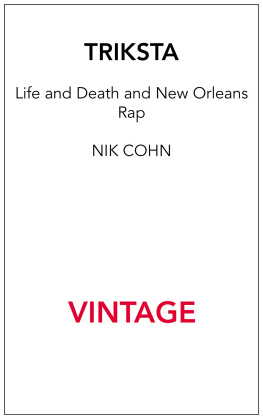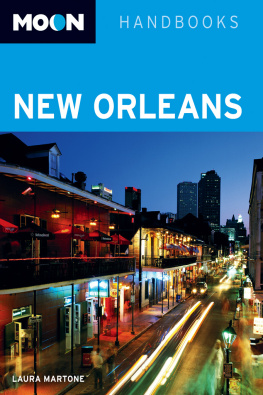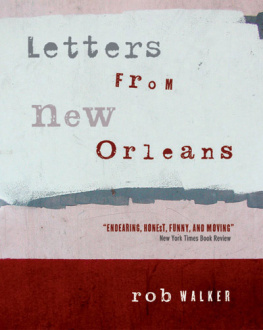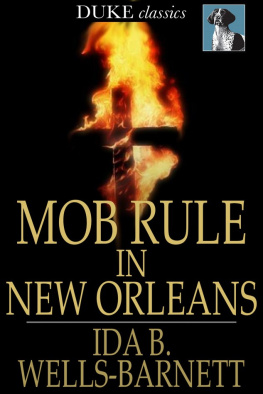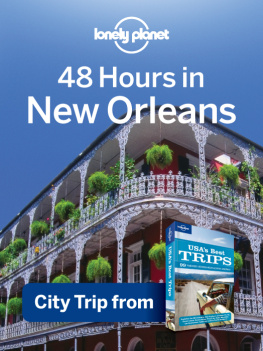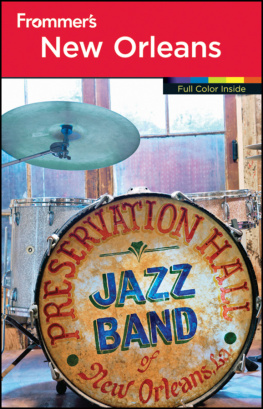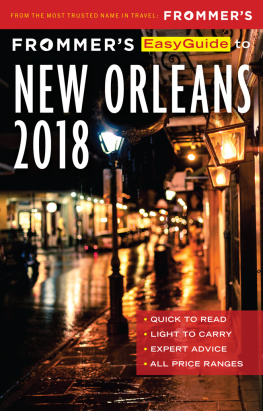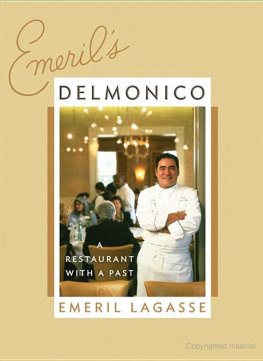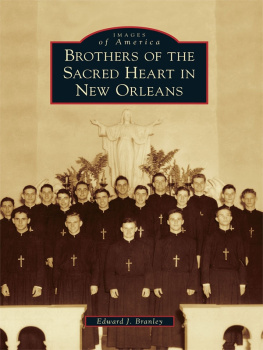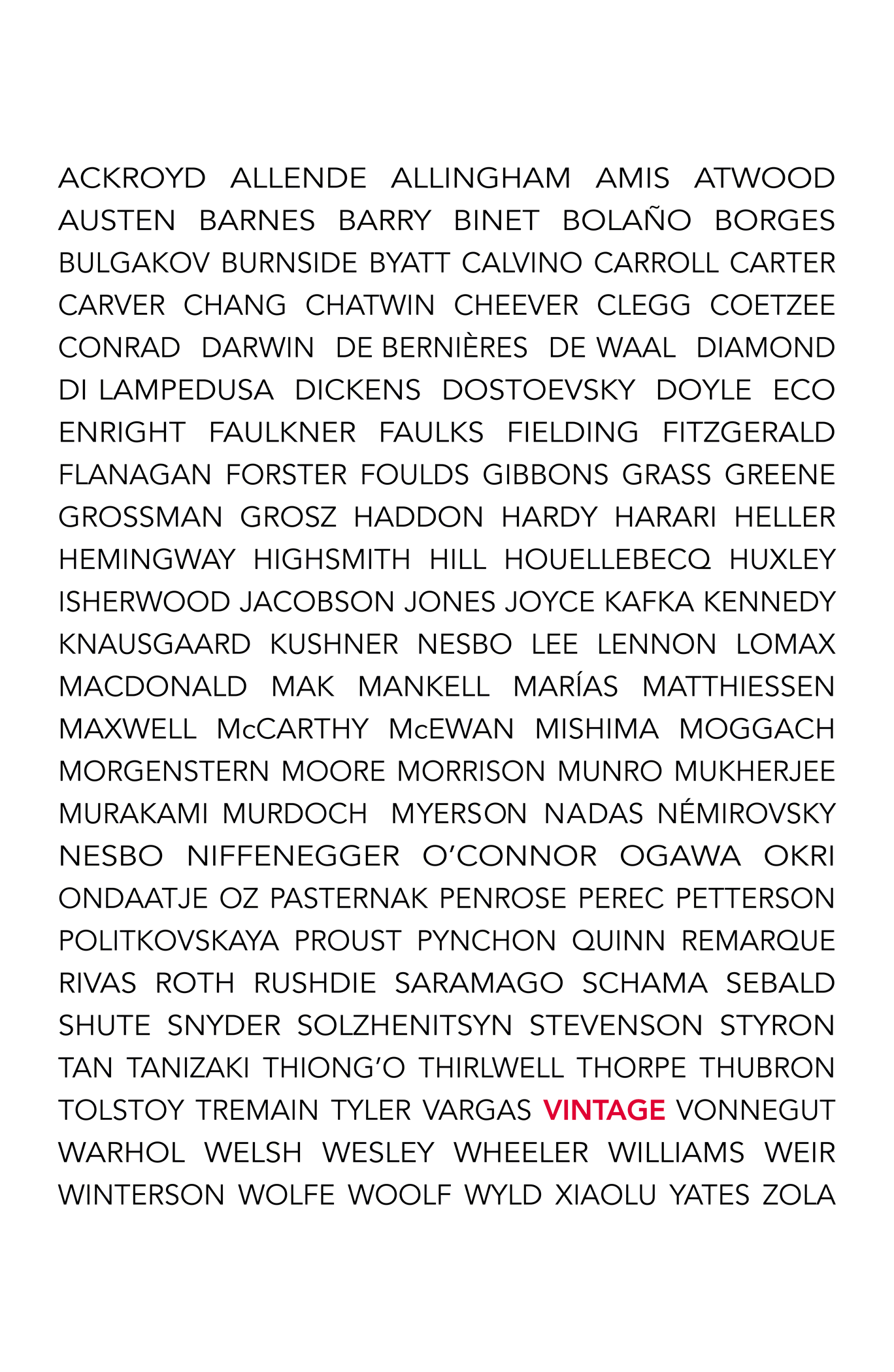

VINTAGE home to the worlds greatest authors and books. Where new writers are discovered, bestselling books are found and yesterdays classics revived for a new generation of readers.
Our authors represent the very best in creativity and quality and have won the most prestigious prizes the book world has to offer including the Man Booker, the Samuel Johnson and the Nobel.
Born in New York in 1974, and arriving in London in 1990, VINTAGE publishes beautiful books with the very best design for people who love to read.
@vintagebooks
penguin.co.uk/vintage
Some of the material in this book first appeared, in different form, in Granta, The Guardian Weekend magazine, and British GQ.
Also by Nik Cohn
20th-Century Dreams
Need
Yes We Have No
The Heart of the World
Rock Dreams
Awopbopaloobop Alopbamboom
I Am Still the Greatest Says Johnny Angelo
TRIKSTA
LIFE
AND
DEATH
AND
NEW ORLEANS RAP
Nik Cohn

This ebook is copyright material and must not be copied, reproduced, transferred, distributed, leased, licensed or publicly performed or used in any way except as specifically permitted in writing by the publishers, as allowed under the terms and conditions under which it was purchased or as strictly permitted by applicable copyright law. Any unauthorized distribution or use of this text may be a direct infringement of the authors and publishers rights and those responsible may be liable in law accordingly.
VINTAGE
20 Vauxhall Bridge Road,
London SW1V 2SA
Vintage is part of the Penguin Random House group of companies whose addresses can be found at global.penguinrandomhouse.com.

Copyright Nik Cohn, 2005
Nik Cohn has asserted his right to be identified as the author of this Work in accordance with the Copyright, Designs and Patents Act 1988
First published by Harvill Secker, 2005
penguin.co.uk/vintage
A CIP catalogue record for this book is available from the British Library
ISBN 9781448103553
For Michaela, dime piece to the die.
On a bright, chill January afternoon in 2000, I was strolling on Rampart Street, thinking of the pizza at Mama Rosas, when a black male aged about ten walked up and spat at me, splattering my new Kenneth Cole leather jacket.
I have been obsessed with New Orleans for most of my life; it is the place Ive loved best on earth. In recent years, however, it has turned violent and distressful, and getting spat on by a child, though mortifying, was hardly headline news. Another time, Id have muttered a few choice curses and gone on my way. Only, this was not a good moment. I have hepatitis C, a virus that destroys the liver and feels, at least in my case, like permanent jet lag. For the most part, Ive learned to handle it, but there are days when it handles me. The usual checks and balances cease to function, and I thrash about, untethered, driven by urges I dont understand and cant control.
This time I outdid myself. Instead of working out my spleen on some extra pepperoni at Mama Rosas, I swung around and walked over to the Iberville project. Not a good idea. I had gone there the first day I ever spent in New Orleans, in 1972, and it had felt welcoming then, but the climate had changed. No outsider, white or black, with a lick of sense would choose to go strolling through the Iberville these days unless they had good reason. In my leather jacket, fat with credit cards, I was asking for trouble. Seeking it out, in fact.
Behind the abandoned hulk of Krausss department store, I headed into the heart of the project. A few strides brought me to a blind corner. When I turned it, the sunlight was shut out. A few more strides, and a group of youths hemmed me in. None of them spoke or touched me, they simply blocked my path. The brackish smell of bodies was fierce, and I stumbled back against a wall as the youths moved in. Then, just as suddenly as theyd swarmed, they scattered. A city bus had turned the corner and fixed us with its headlamps.
I had never known worse fear. When I regained Basin Street and was safely in a taxi, I was surprised to find I hadnt pissed or shat myself. That was how it had felt back thereeverything running out of me, uncontrollable. And what was most shameful of all, I knew my deepest dread had not been of getting robbed or even shot. Id been afraid of blackness itself.
Afterward, I tried to blame it on the virus, or the light, or simple aversion to getting mugged. No dice. Over the years, Id run foul of skinheads in London, neo-Nazis in Brooklyn, sundry policemen around the world. Though never brave, I had managed to keep up some vestige of front. In the Iberville, I was swept by blind animal terror, all pretense at dignity blown.
How could it be? Black music and black culture had been a huge part of my life; so had black friends and lovers. But those, depending on shifting fashion, were Negroes or African-Americans. They were nobodys niggaz.
The same friends and lovers had often told me this: all whites, cut them deep, are racist at core.
I remembered Kerry, a singer I dated some thirty years ago, and how one stoned morning, after we made love, she mocked my record collection, the posters on my walls, all the black artifacts I thought were part of me. Window dressing, she called them, and took my hand and placed it on her breast. This too, she said. She was in my bed, my world; that didnt mean shit. Drop me off in the ghetto, up against the wall, and see how I felt then. Youd turn cracker in a heartbeat, Kerry said. Of course, I refused to believe her. Other whites, maybe; not me. That poison couldnt be in me. Yet it was.
My home base is New York, but I visit New Orleans several times a year, often for months at a stretch. Usually, I rent a house, but this was a brief stopover and I was staying in Room 406 at the Villa Convento, a small pension on Ursulines Street, at the back of the French Quarter. My room, strewn with rap CDs that now seemed to mock me, faced onto the street. Deep into the night I lay awake, listening to the tourists trundling past on carriage rides and their guides pointing out the Villa as the site of the House of the Rising Sun, while I went back across my life, sifting through dirtracial teasing that wasnt quite teasing, dumb drunken jokes, betrayals big and small. And what I saw in myselfbloated sack of half-truths and jivewas someone I couldnt live or die with.
I kept replaying those few seconds behind Krausss, trying to pin down details. How many youths had there been? Could it be true that none of them spoke? And why in hell was I there, anyway? Who, finally, was I trying to confront? No answers came. All I could conjure up was a rush of amorphous bodies. Seemed like Id been set upon by people with no faces.
At first light I rose and tried to scour myself in the shower, but the water wouldnt go past tepid, so I took a walk out of the Quarter through the Faubourg Marigny to the old black neighborhoods of Treme and St. Bernard, once thriving, now impoverished and falling down, heartachingly lovely still.
Next page
